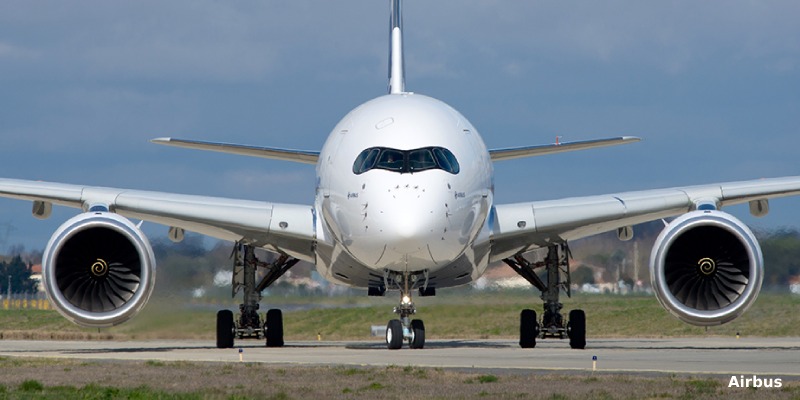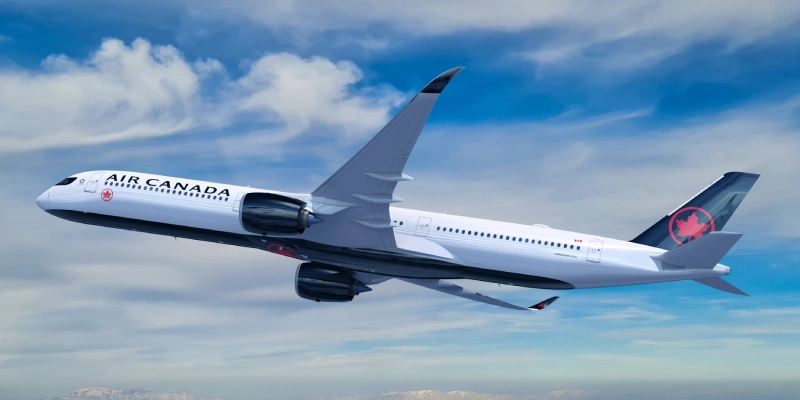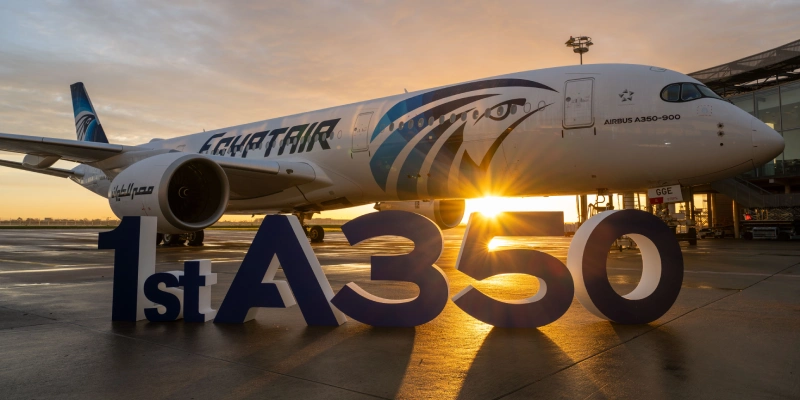China has instructed its airlines to suspend the acceptance of new Boeing aircraft, according to a report by Bloomberg News. This move is a direct response to the U.S. decision to impose 145% tariffs on Chinese products, further escalating tensions between the two economic powers and placing the American manufacturer in a precarious position within one of its key markets.
Direct Blow to Boeing: Key Deliveries Halted
As reported by Bloomberg, China’s three largest airlines—Air China, China Eastern Airlines, and China Southern Airlines—had planned to receive 45, 53, and 81 Boeing aircraft, respectively, between 2025 and 2027. With Beijing’s new directive, these plans are now on hold, directly impacting Boeing’s growth strategy in Asia.
Boeing’s shares fell by 3% in pre-market trading following the news, while shares of Airbus—which already holds a dominant position in China—rose by 1%.
→ Korean Air Secures Historic Order with Boeing: Up to 50 Wide-Body Aircraft
Airbus and COMAC Gain Competitive Edge
China’s blockade not only deals an economic blow to Boeing but could also redirect demand toward Airbus and the local manufacturer COMAC. The recent 125% tariff hike on U.S. imports significantly raises the cost of Boeing jets for Chinese airlines, incentivizing them to seek alternative suppliers.
Maintenance and Supply Chain Impact
The Chinese government’s decision also includes suspending purchases of spare parts and equipment related to U.S.-manufactured aircraft. This could lead to higher maintenance costs for Boeing planes already operating in the country. As a mitigating measure, Beijing is evaluating assistance mechanisms for airlines leasing Boeing aircraft, which now face increased expenses.
Boeing Struggles Amid Slow Recovery and New Challenges
The American manufacturer is grappling with a series of setbacks that further complicate its current situation. It is still in the process of recovering from a year marked by labor strikes, stricter regulatory requirements, and persistent supply chain disruptions.
Moreover, the company’s reputation remains tarnished since last year’s incident involving a 737 MAX 9, when a door panel detached mid-flight, prompting new investigations. Boeing’s shares have lost more than a third of their value since then.
Unrelenting Trade War
Beijing’s move comes days after China announced increased tariffs on U.S. products in retaliation for Washington’s levies. Analysts warn that this cycle of retaliatory measures could significantly slow bilateral trade, which exceeded $650 billion in 2024.
The aerospace sector, which drives multibillion-dollar contracts, is now at the epicenter of a trade conflict threatening to reshape global alliances and strategies. For Boeing, the priority will be to contain the damage and prevent China—a critical market—from further closing its doors to its products.
Related Topics
Airbus Closes 2025 with Profit Growth, 793 Deliveries, and a Record Backlog of 8,754 Commercial Aircraft
United Airlines’ Purchase Order for Airbus A350 Jets on Hold Following Legal Dispute with Rolls-Royce
Air Canada Confirms Order for Eight Airbus A350-1000s
EGYPTAIR Receives Its First Airbus A350-900

Plataforma Informativa de Aviación Comercial con 13 años de trayectoria.




